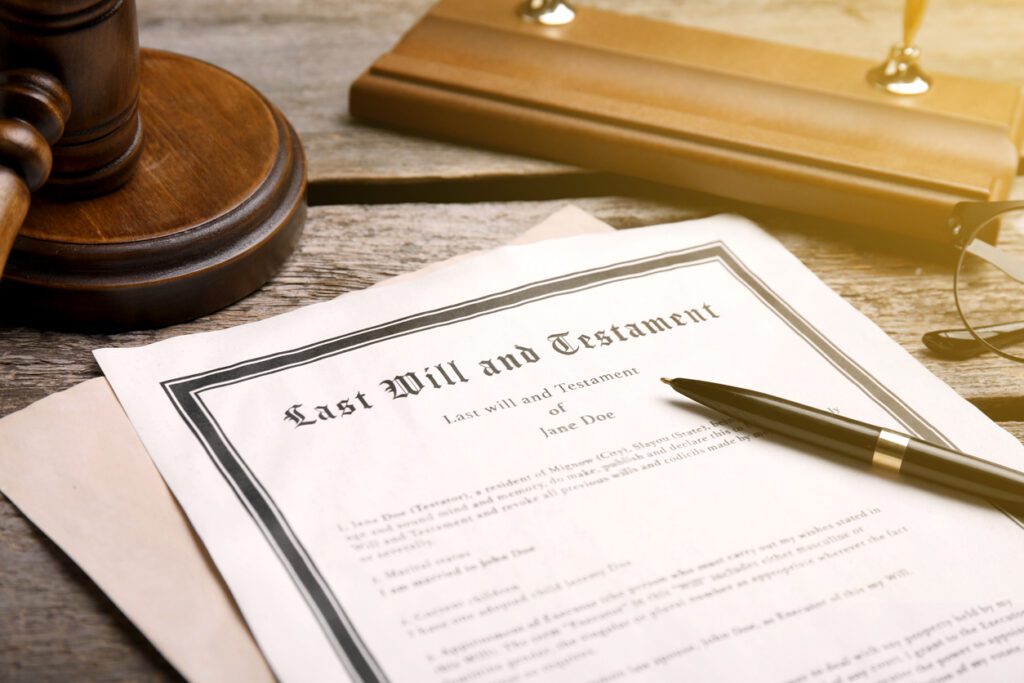
Estate Planning & Family Law: Divorce & Beyond
This article delves into how estate planning intersects with family law, focusing on specific considerations when managing your estate through these significant life events.

This article delves into how estate planning intersects with family law, focusing on specific considerations when managing your estate through these significant life events.

Caring for an elderly loved one is a deeply emotional journey, and when families entrust their care to a long-term care facility, they expect compassion, safety, and professionalism. Unfortunately, nursing home negligence can put vulnerable residents at risk. Recognizing the warning signs—physical, emotional, or financial—can help ensure your loved one receives the care they deserve. In this post, we’ll explore how to identify potential issues, take preventative steps, and seek legal help when necessary.

Estate planning involves planning for the management and distribution of your assets after your death or incapacitation. However, it’s not just about managing your assets – it’s about preserving your legacy. This detailed process provides a sense of security and peace of mind, knowing that your wishes are honored and your loved ones are cared for. Key components of an estate plan include:

Four of every ten Americans have at least one step-relative in their family – either a stepparent, a step or half sibling or a stepchild — according to the Pew Research Center. The National Center for Family and Marriage Research estimates that about one-third of all weddings in America create stepfamilies. With that in mind, it may be necessary to approach estate planning with step families.

There are two ways to contest a will, a Caveat Prior to Probate Decree, and an Appeal from Probate Decree.

There will come a point where every business owner will want to retire from their business. Other times, the owner may not be able to leave voluntarily, but instead be forced to do so due to incapacity or death. Inthese instances, the loss of such and individual can wreak havoc on a business. Therefore having an appropriate “exit strategy” could be vital to a business owner’s financial and estate planning. This type of planning is referred to as a “business succession planning,” or “business continuation planning.”

Trusts are useful for many purposes, including avoiding probate, reducing or eliminating federal estate taxes, and managing property for a beneficiary when direct ownership by the beneficiary is not desired. Trusts also can be very useful for asset protection if the creditors of the beneficiary are prevented from reaching trust assets.

An Advanced Health Directive is a written document which provides special directions to your agent as to whether or not you wish to have limitations placed on your health care options. Essentially, you are laying out under what circumstances medical care will be provided to your person if you become seriously ill and are unable to make a competent decision on your own behalf.

A Durable Power of Attorney is a formal written document whereby an individual (called a “principal”) can designate a family member or some other trusted person (called an “agent” or “attorney-in-fact”) to have the power to act on his or her behalf. Through this document, the principal can share with the agent almost every power the principal has, including the power to enter into contracts, issue checks, endorse checks, pay bills and make decisions as to medical care in the principal’s name.

A Will is a document by which a person (called a “testator”) can direct a person (called the “executor”) how to distribute the testator’s assets when he or she dies. The Will is used to carry out the intention of the testator as to who gets his or her assets and what each person gets at his or her death.
For more than a century, we have worked with individuals and families to translate their success into a meaningful and lasting legacy. Let us help you plan and probate your estate. Contact Us Today (215) 822-9750 for a FREE consultation.
Copyright © 2024 mittmanlaw.com
Website Design and Marketing By IQnection – A Digital Marketing Company
Copyright © 2024 mittmanlaw.com
Website Design and Marketing By IQnection – A Digital Marketing Company